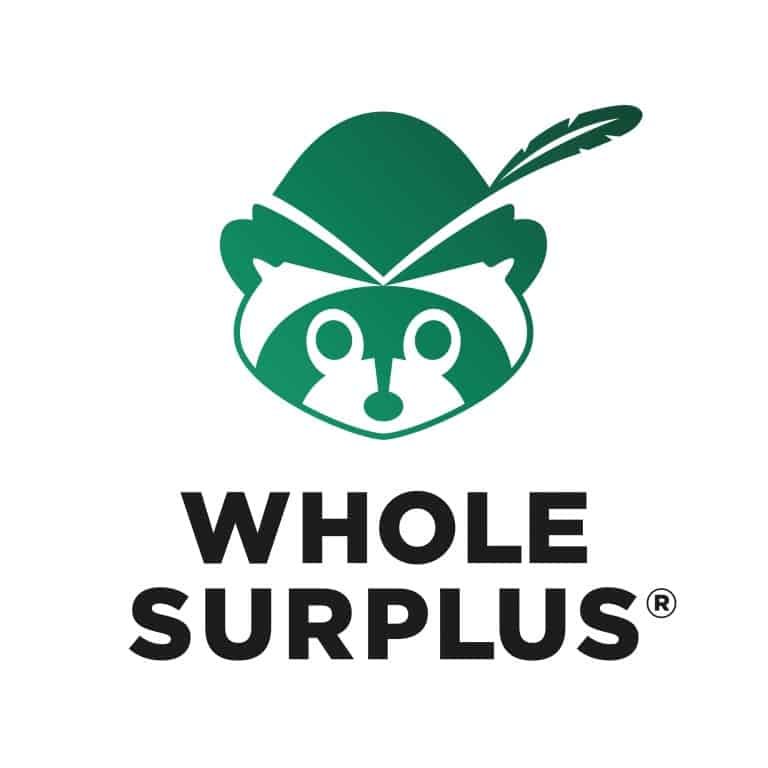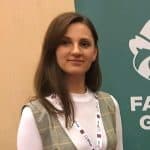Hackathon
Submission
Kübra Orak, Manuela Hernandez
Digital Surplus Management System
Supported by UNDP to reach SDGs, Whole Surplus provides technology solutions to create value out of unsold inventory.[bc1] Placing technology at the heart of a crucial issue as food waste, Whole Surplus offers holistic and digital solutions to any type of surplus food, that is eligible for human consumption, animal feeding, recycling or landfilling and matches them with the right partner who offers the highest financial and social value. Moreover, the platform provides a data analytics dashboard to reduce waste at the source. With the help of the technology and network that is created, the aim is to reduce partners’ food waste-related carbon emission by 50% and to reach the zero-landfill goal.

Project
Proposal
Despite recent attention to food waste in the world, many companies in the food sector have difficulty getting insight into their shrinkage and they don’t have the required skills to manage their surplus. Whole Surplus creates technology connection between corporations to eliminate those technical and managerial barriers of waste management for food businesses. The Surplus Management System offers 3-pillard upcycling process to food businesses. First is a secondary sales marketplace where companies can sell their surplus to other parties at discounted prices. Second is a donation module to create the biggest social value out of surplus and to get tax advantages as well. The third one is the recycling module (primarily animal feed and biogas production) to manage waste in an environmentally responsible way with guaranteed low cost and full traceability. Besides these three modules, the platform provides real-time reporting and analytics dashboards for dynamic waste stream analysis, insights to reduce waste at the source. With these analytics, the partners can make operational changes, better procurement, production and logistics planning and prevent waste before it occurs.
With the digital Surplus Management System, food companies will be able to manage all of their surpluses in one platform, reduce their workload, optimize operations and increase financial savings while helping the society and environment. However, the biggest benefit here is that Whole Surplus manages all types of surplus through just one holistic platform. This gives us the highest-level data insight to reduce waste at source and reach 2030 goals as well as creating a great ecosystem to create a circular economy.
Team
Members
Already registered before? Login first to Apply!
Register now & submit your request to join this team!
Join Kubra Orak's Team!
Solution
Details
What region(s) or state(s) do you currently have operations in?
Turkey
Is there a specific region or state where you plan to focus on for this project?
Texas, Vermont, Maine, Hawaii, Alaska, New Hampshire, Massachuttes, Montana, Oregon
How far developed is your proposal?
Ready, has been tested, can be deployed within a few weeks.
Is there any legal protection for the solution?
No
Latest
Submissions
Humanner – Collective Holistic Social Innovation Ecosystem Management
By Janos Deak
By the Humanner Cooperative Social Business Ecosystem model give financial self-sustainability and emerge the digital infrastructure to connect informal market, unlock the power at the bottom of pyramid, and deliver economic prosperity.
“A charity money has only one life. A Social Business money can be invested over and over again.” (Muhammad Yunnus)
Linking science and technologies to communities of our global society. Humanner’s social R&D focus on interweaving new models so smoothly and seamlessly into the currently prevailing system, that it will not be perceived as opposition, but rather as a higher quality competitive model, which gradually replaces the old one.
Our method is to create a high-quality example while showcasing our understanding of what it means to be human.
Humanner’s system work with a MULTI FUNCTIONAL holistic multisolving approach so that make the investment more impactful. Single investment of time and money – Defined as a way of solving multiple problems with the multisolving approach brings together stakeholders from different sectors and disciplines to tackle public issues in a cost-efficient manner
Humanner unite the two biggest volunteer sectors the Open Source and the Non Profit sector into a Social Business Innovation Ecosystem. We aim to explore how open source software, open source hardware, digital maker practices and open design can be effectively used by local communities to fabricate their own tools, make sense of their environments and address pressing environmental problems.
ProducePathway
By Sindhu Sundar
Policy proposal for collaborative food distribution networks utilizing existing nationally-accessible tools and organizations, and partnerships between community centers, hospitals, farmers, and distributors. Objectives are the identification of in-need communities to provide mobile markets and CSA boxes, as well as subsidization strategies to serve low-income areas.
COVID-19 Getting Farmers’ Products to Food Banks with Federal Help
By Michael CheKim
Too many crops from too many farms are going to waste as farmers cannot get distributors to buy them. Too many food banks are going dry, and too many restaurants and their staff are idle. As Chef Jose Andres has asked in a recent eTown Hall, “Why can’t the Federal government pay restaurants to make food for food banks?”




